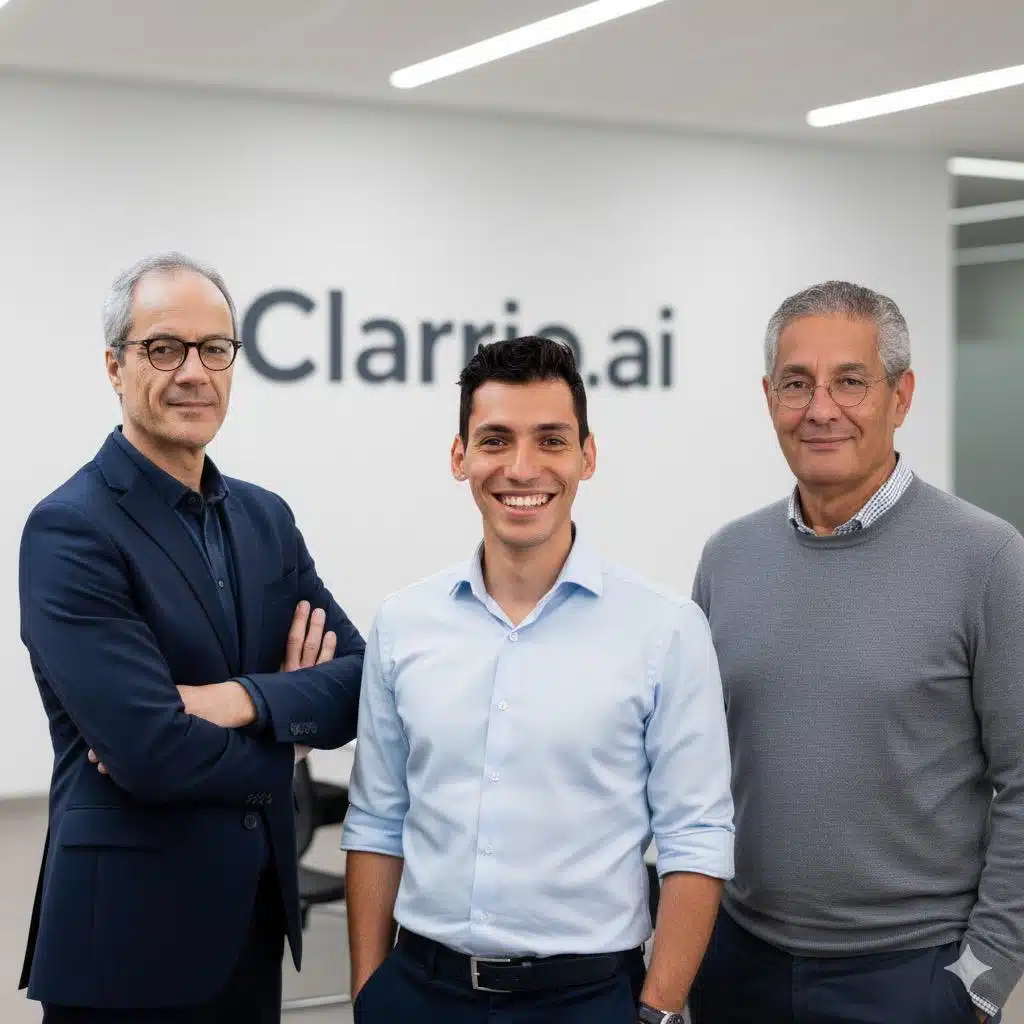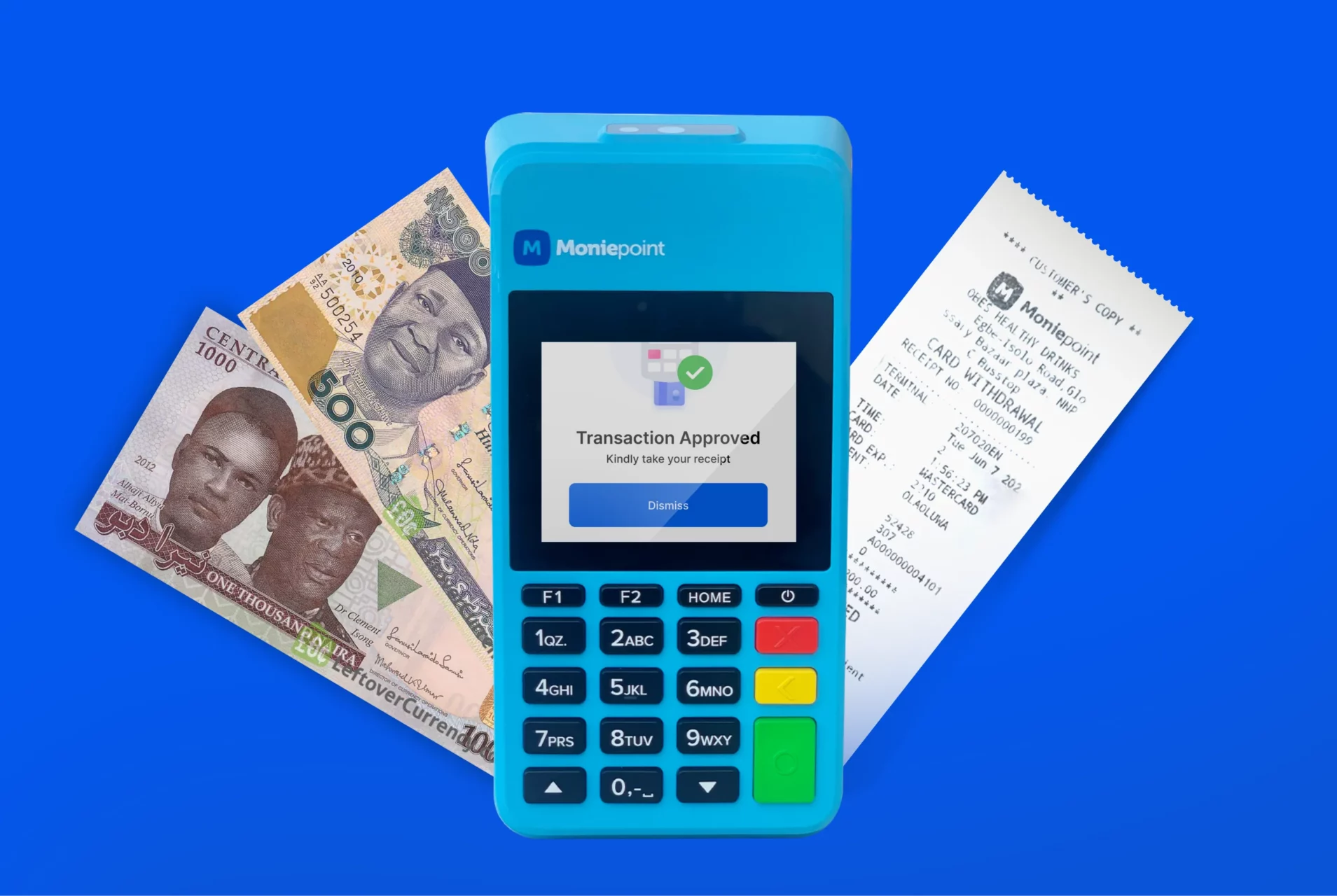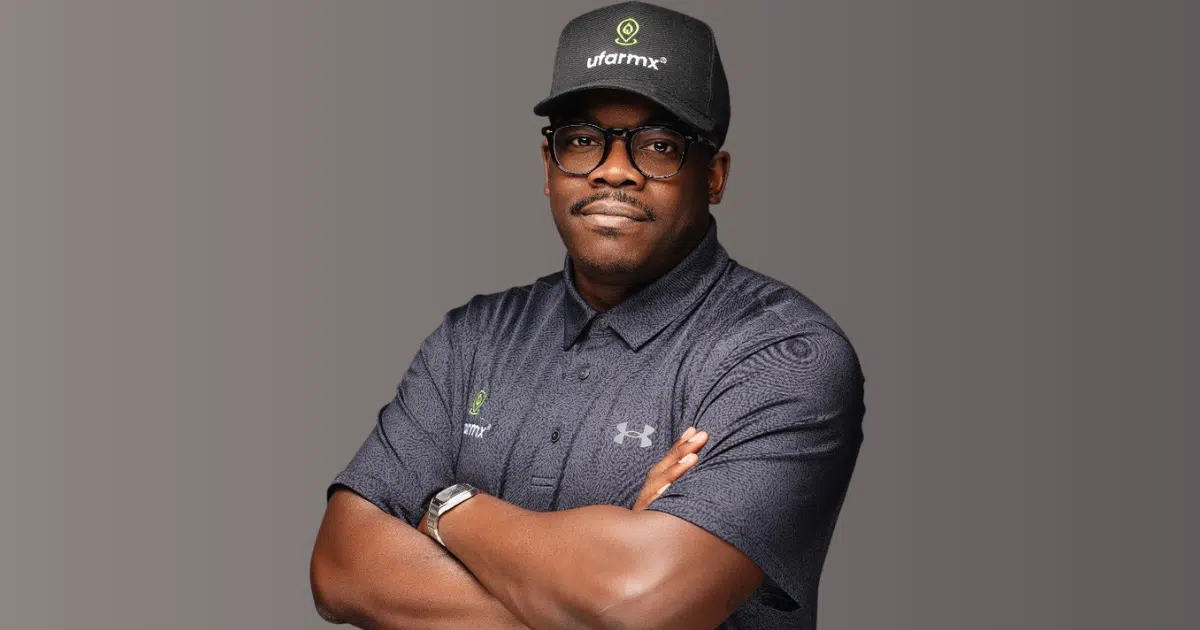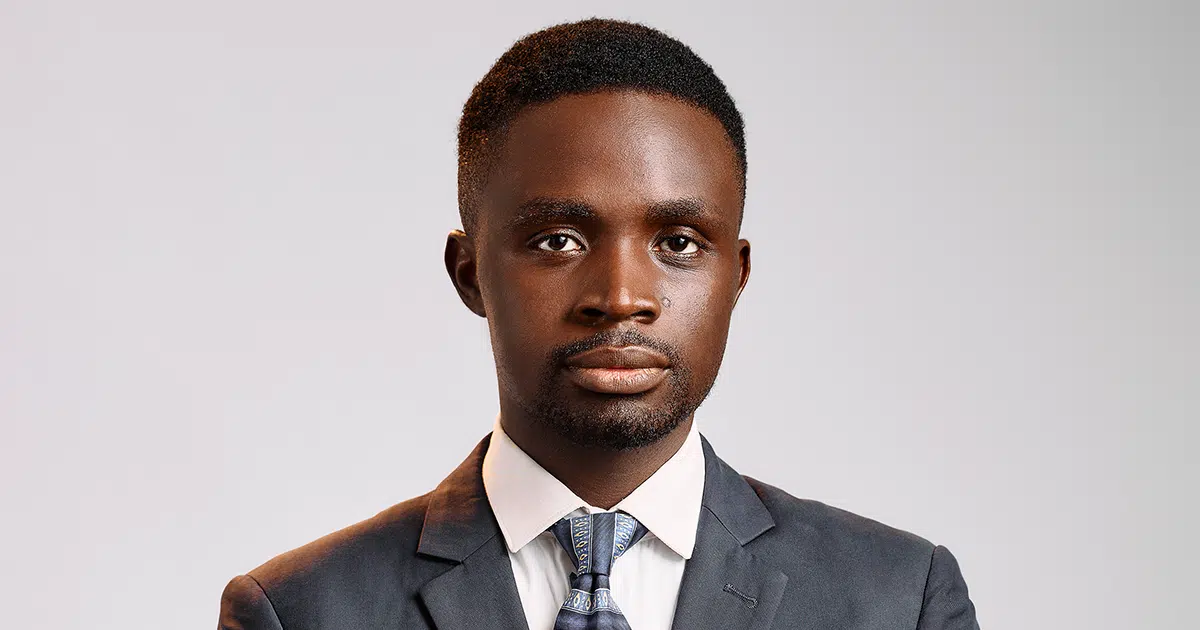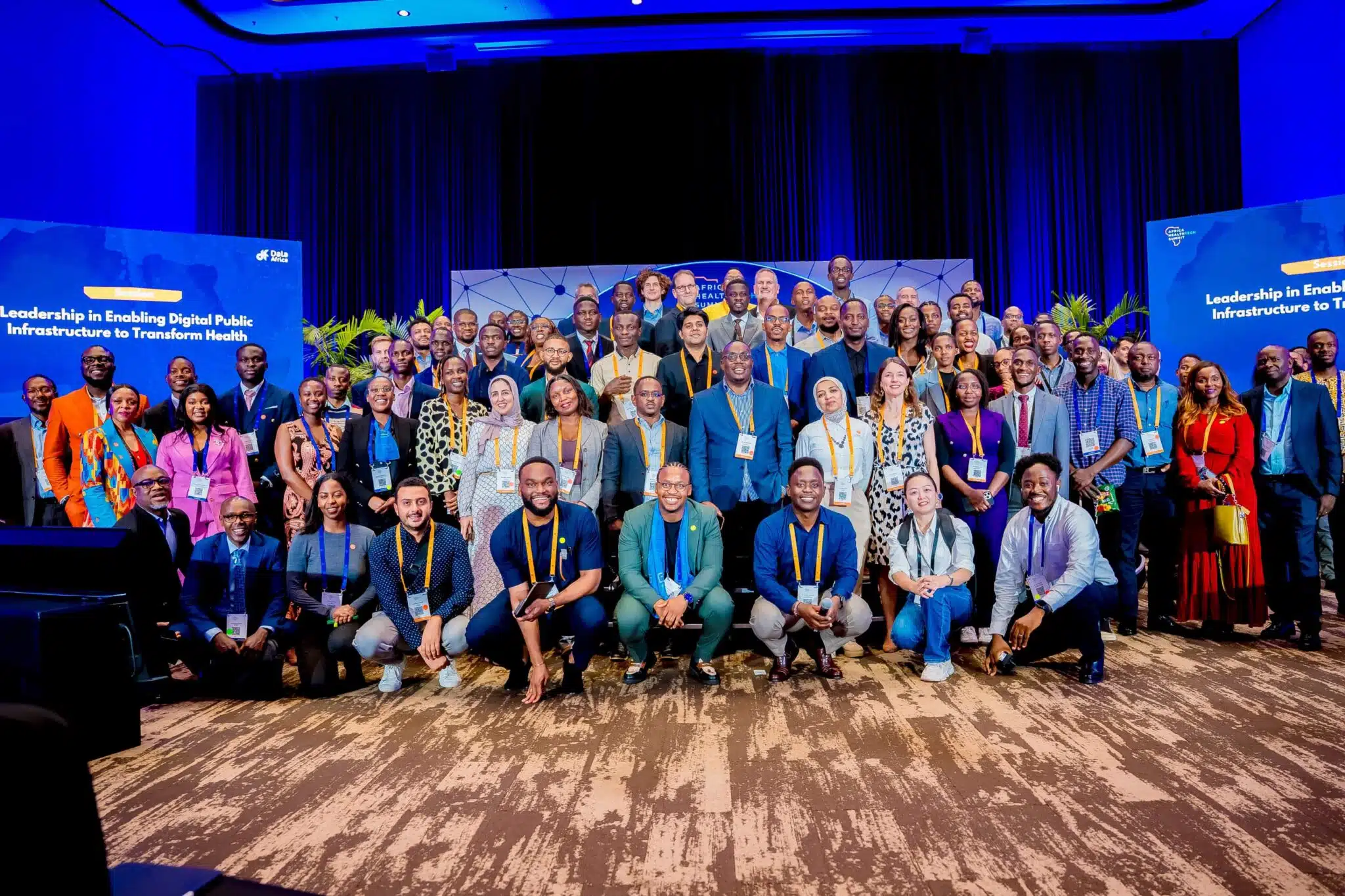In 2017, Firas Rhaiem set out to build a solution to help his sister manage epilepsy. Although he was not a doctor, he believed that if he could identify her triggers, he could predict when a seizure was going to happen and prepare her for it.
That idea would eventually grow into Clarrio, a healthtech startup that rebranded this week from Knowlepsy.
Patients with chronic conditions require consistent monitoring by their primary physicians and carers to ensure they manage their ailments adequately and do not relapse. But in between hospital visits, doctors lack objective insights into lifestyle choices or environmental factors that could impact their health.
Without access to this data, doctors must depend on a patient’s account during examinations.
“These are patients I see once every three months or once every six months, depending on what the control is like, but in between, it’s a little like a black box. Patients, like all of us, have a little bit of recency bias, so you remember what’s most relevant based on the last couple of weeks and we don’t get the clearest view of what the last six months have been,” Dr Shaheed Gora, a neurologist based in Johannesburg, told Techpoint Africa.
Gora is one of the first doctors to use Clarrio after meeting Rhaiem in February 2024. Despite having his reservations, he tested the product and, impressed by it, proceeded to invest across two rounds.
But he has not stopped at investing and now lends his experience as a physician to help the team at Clarrio build a better product. The team includes 25 employees with experience at companies such as IBM, Jumia, Instadeep, and Merck.
Strengthening healthcare delivery through data
Data plays a pivotal role in decision-making across numerous industries, from finance to commerce and even transportation. In most industries, this simply helps with increased efficiency or better returns for shareholders, but in the healthcare space, having the right data could be the difference between life and death.
Clarrio.ai is a device-agnostic predictive analytics platform that collects and organises fragmented health data from more than 300 wearables, health apps, connected devices, and clinical systems. Using artificial intelligence and machine learning, the company turns these signals into predictive insights that help clinicians anticipate crises, pharmaceutical companies run smarter trials, insurers improve risk models, and patients receive proactive, personalised care.

Victoria Fakiya – Senior Writer
Techpoint Digest
Make your startup impossible to overlook
Discover the proven system to pitch your startup to the media, and finally get noticed.
In simple terms, Clarrio gives doctors and researchers the data they’ve been missing. Instead of relying solely on patient recollections or limited clinical tests, physicians can now see lifestyle patterns, identify triggers, and intervene much earlier.
For patients like Rhaiem’s sister, that difference can be life-changing. After years of seizures, she has now been seizure-free for four years, thanks to understanding and managing her triggers better and today, works with the company that grew from her experience.
“ I always want to highlight that we don’t replace doctors, we don’t do diagnosis, but we provide data to doctors and they can adjust the treatment plan with AI to make it more personalised,” Rhaiem shared.
The startup has also seen promising clinical results. A 12-month epilepsy study resulted in a 78.9% accuracy in predictions, 34% fewer seizures, and 30% fewer hospitalisations. A 100-patient real-world evidence (RWE) study with Hamad Medical Corporation was recently accepted, and data collection has now expanded to over 500 patients across multiple diseases. Plans are underway to grow that dataset to 800+ patients across five chronic disease categories.
Both Gora and Rhaiem shared with me on a call how valuable this data is. For doctors like Gora, Clarrio does more than just track existing datasets; it has also revealed new data insights that can help improve patient care.
Beyond individual doctors, hospitals can leverage this data to better plan healthcare delivery. For example, its built-in chatbot can provide doctors with a list of at-risk patients and the level of care they need, enabling proper staffing and informed decisions about which patients require hospitalisation.
Business model and traction
Clarrio operates a B2B SaaS model. Hospitals, insurers, and pharmaceutical companies pay annual licence fees ranging from €799 to €999 per patient, while the platform remains free for patients and doctors. With minimum cohort contracts of 200–300 licenses, the company is targeting €2.5 million in annual recurring revenue within the next 18 months.
One of Clarrio’s most significant accelerators has been its partnership with Microsoft. The startup is listed on Microsoft’s invite-only marketplace, gaining visibility with hospitals in Qatar and Paris. Hospitals in South Africa, Qatar, and India are early adopters, with pilots in fields ranging from pediatrics to neurology. It is also planning pilots in the United States by 2026.
Challenges along the way
Despite strong traction along the way, Clarrio has experienced two primary problems. The first is the conservative culture in healthcare circles slowing adoption despite obvious benefits. Interestingly, Rhaiem says they’ve not had a straight no so far.
“We just have a strong pipeline on how fast we can deploy with a client. It’s a long selling cycle, but we don’t have any no from any doctor or hospital that we have pitched to.”
Gora adds that while doctors and healthcare practitioners tend to be conservative about adopting new technology, the trend is changing, with more medical practitioners embracing the use of technology in their work.
The second challenge is closely linked to its sales cycle. With a team strong in science and engineering, the company is still building the sales and partnership capacity needed to scale commercially. In the meantime, its partnership with Microsoft helps with sales.
Funding and investor support
Clarrio has raised an undisclosed pre-seed round from a network of more than 25 business angels. Investors include senior executives and exited founders from pharmaceutical companies, Microsoft, Google, and Expensya. It is currently raising a seed round with Launch Africa, one of its investors in the round.

